Rembrandt lighting, named after the famous Dutch painter Rembrandt Harmenszoon van Rijn, is a popular lighting technique used in photography and cinematography to create a dramatic effect that draws attention to the subject’s features. This technique is characterized by an illuminated triangle under the eye of the subject, on the less illuminated side of the face. This lighting style emphasizes depth and dimension, making it a favorite among portrait photographers.
Related reminder: only a little while left for Portrait Lighting Cheat Sheets at 80% Off
Why Use Rembrandt Lighting?
The allure of Rembrandt lighting lies in its ability to add a sense of volume and drama to a portrait. It enhances the facial features and brings a sculptural quality to the photograph. This technique is particularly useful for creating moody and evocative images that convey emotion and character, making it ideal for artistic portraits, actor headshots, and even moody fashion photography.
Setting Up Rembrandt Lighting
To achieve Rembrandt lighting, you’ll need to follow these steps:
- Light Source: Begin with a single light source, such as a strobe or continuous light. The key is to use a light modifier like a softbox or an umbrella to soften the light, reducing harsh shadows.
- Positioning the Light: Place the light at a 45-degree angle from the subject, slightly above the head level, so that the light points down towards the face. This angle is crucial as it determines the shape and presence of the characteristic triangle of light.
- Adjust the Subject: Have the subject turn their face away from the light until the shadow of the nose and cheek meets to form a small triangle of light on the cheek opposite the light source. This triangle should not be larger than the eye and no longer than the nose.
- Experiment with Modifiers: Utilizing different modifiers can alter the softness and spread of the light. Experiment with reflectors to fill in shadows mildly, which can be particularly useful in softening the contrast for female portraits or commercial shots.
Visual Examples and Their Analysis
When examining photographs that utilize Rembrandt lighting, you’ll notice the play of light and shadow creates a compelling visual narrative. For instance, a portrait with Rembrandt lighting can highlight the rugged features of a male subject or the gentle curves of a female subject’s face, adding layers of depth and emotion to the image.
Common Mistakes to Avoid
- Overexposing the lit side of the face, which can lead to loss of detail.
- Underexposing the shadow side, which might bury essential facial features in darkness.
- Misplacing the light, which fails to form the triangular highlight and loses the effect.
Applications in Different Photography Genres
While traditionally used in portraits, Rembrandt lighting can also be adapted for use in various other genres like fashion photography, where it can add a dramatic flair, or in product photography, where it can enhance texture and contrast.
Rembrandt lighting is more than just a technical skill; it’s a creative tool that allows photographers to explore the interplay between light and shadow. By mastering this technique, photographers can elevate their portraits, capturing not just images, but stories and emotions. Whether you’re a budding photographer or a seasoned professional, incorporating Rembrandt lighting into your photographic repertoire can significantly impact your visual storytelling.
For Further Training on Portrait Lighting:
Mastering portrait lighting techniques is an art form that presents its own set of intricate challenges. Each style demands a precise understanding of light placement, shadow control, and subject orientation to achieve its signature effect. These new Lighting Cheat Sheets (Including Portrait Setups) are designed to help.
Whether you’re a seasoned professional or just starting out, photography cheat sheets can be a valuable resource for improving your skills and taking your photography to the next level. By having all the key information you need in one place, you can focus on what’s important – capturing amazing photos.
Launch sale ending soon: Portrait Lighting Cheat Sheets at 80% Off
Like This Article?
Don't Miss The Next One!
Join over 100,000 photographers of all experience levels who receive our free photography tips and articles to stay current:
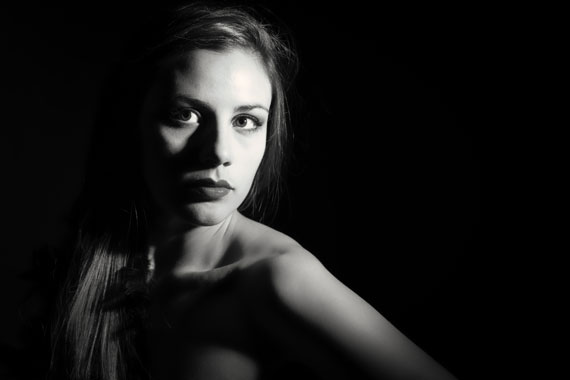
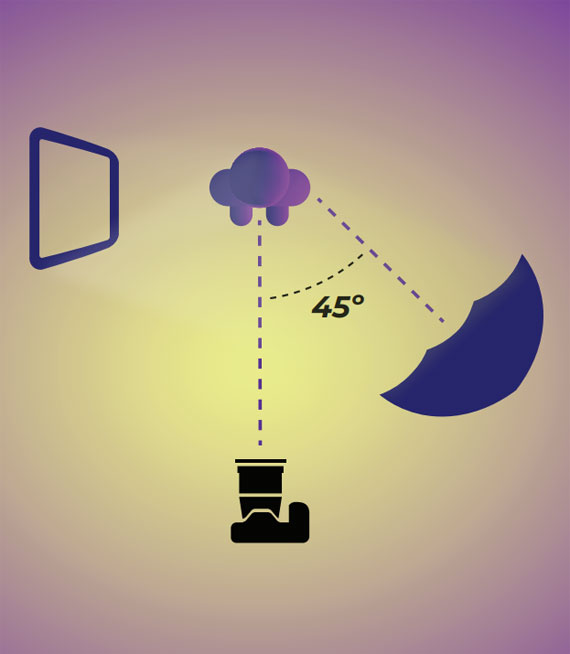
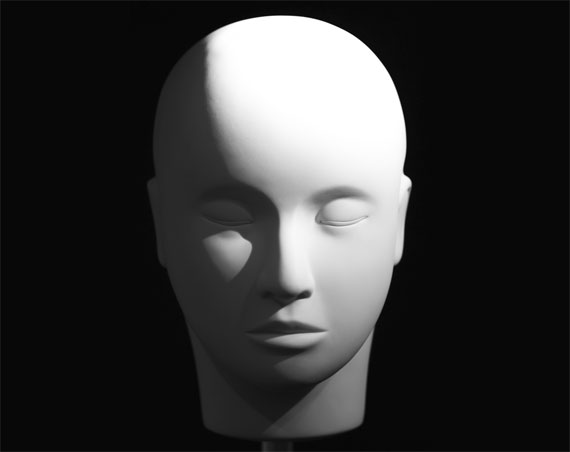
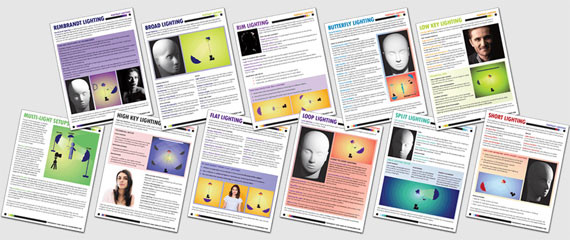

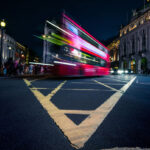



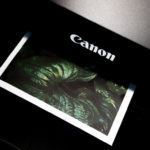
Leave a Reply